Is Dementia Connected to Poor Sleep?
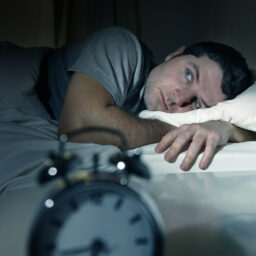
Like most things, sleeping is best done in moderation—a new study suggests that too little or too much sleep may increase the risk of dementia in older adults. Getting Too Little Sleep Sleep is a crucial time for the brain. It’s when fluid around the brain cells washes away the daily accumulation of cellular waste…
What Is ‘Cognitive Shuffling,’ and Can It Help Me Fall Asleep?
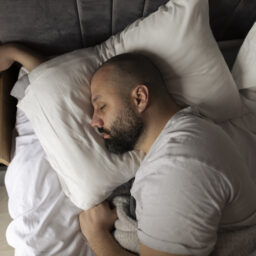
Tired of counting sheep to get some shut-eye? Consider trying cognitive shuffling, a sleep strategy that’s been trending on social media for years. What’s Cognitive Shuffling? Cognitive shuffling is a technique where you focus your mind on words that have nothing in common to trick your brain into thinking it’s time to sleep. Here’s how…
Can Weight Loss Drugs Help with Sleep Apnea?
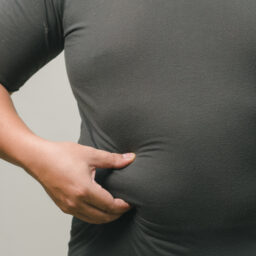
According to two new major clinical trials, the weight loss drug tirzepatide, sold under the brand names Zepbound® and Mounjaro®, has an interesting side effect—it can significantly improve obstructive sleep apnea symptoms in people with obesity.1 Eli Lily, the maker of tirzepatide and funder of the two studies, has asked the Food and Drug Administration…
TikTok-ers Claim this Viral Bedtime ‘Mocktail’ Can Help You Sleep
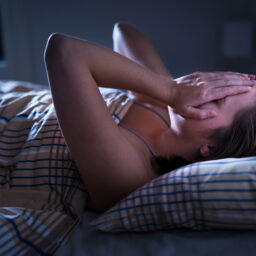
Did you spend all last night tossing and turning? TikTok wellness influencers would recommend you sip a sleepy girl mocktail—a mix of tart cherry juice, magnesium powder and a splash of seltzer—to get more shuteye. Wondering if it works? According to scientific evidence, the answer is probably not. A Closer Look at the Mocktail’s Ingredients …
Beware the Age of ‘Screen Apnea’

Writing that work email on your computer isn’t just another dull task on your to-do list. It can actually be a breathtaking experience—literally. Evidence shows that 80% of people have screen apnea, a term used to describe the temporary cessation of breathing or shallow breathing that occurs when people look at screens. The Discovery of…
Sleep Disorders and ENT Health: A Comprehensive Approach
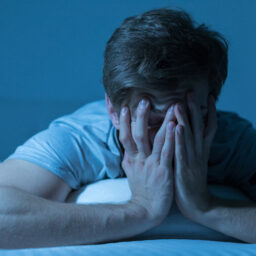
Sleep is an essential part of our health. But with an estimated 75 percent of Americans suffering from sleep disorders, it may be difficult to get the recommended seven to nine hours each night.With Sleep Awareness Week starting on March 10, it’s a great time to schedule an appointment with the Arthur Rosner, MD, team…
Want Better Sleep? Try ‘Circadian Hacking’
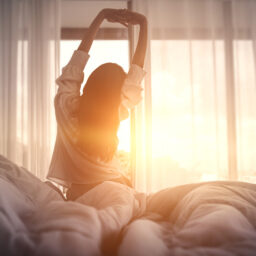
We’re beginning to enter the dark days and nights of winter, which can cause circadian rhythm disruption and lead to fractured sleep patterns. While some may turn to sleeping pills or regular exercise to try and get a good night’s rest, others are using a new method—circadian hacking. What Are Circadian Rhythms? Circadian rhythms are…
Snoring: Nothing to Joke About
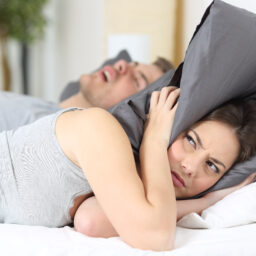
People who snore are often the brunt of jokes, but it’s no laughing matter. Chronic snoring is a real problem that can cause relationship tension, drowsiness and fatigue, and lead to lapses in memory and concentration. Often, it’s an indication of a serious health disorder such as sleep apnea. If you are a snorer, you’re…
Women After Menopause Catch Up to Men in Sleep Apnea Diagnosis
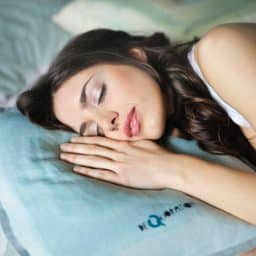
Eighty percent of sleep apnea patients are men. However, women after menopause and men have equal rates of sleep apnea. Women often snore less than men, but weight gain, heart failure, hypertension and not feeling rested during the day are symptoms of sleep apnea.
Treatment of Sleep Apnea Reduces the Risk of Dementia
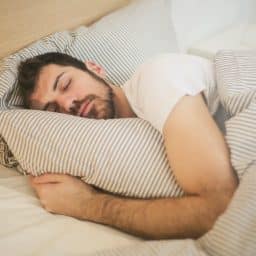
Diagnosing and treating sleep apnea reduces the risk of dementia as people age. Evaluation with a home sleep study should be done. Other risk factors include snoring, high blood pressure, large neck and nocturnal choking.